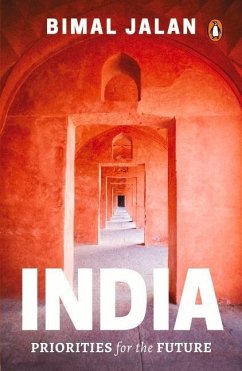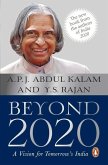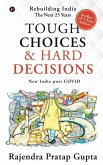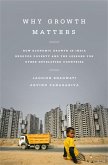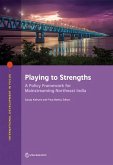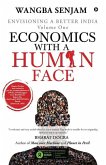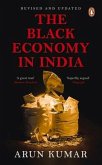Bimal Jalan, former Reserve Bank of India governor and Rajya Sabha MP places India's post-Independence strengths and weakness under a microscope and analyses the last four decades of India's economic journey, which saw the nation's transition from a strictly regulated, slow-growth, state-led enterprise to one of the fastest-growing economies in the world. Dr Jalan has had a ringside view of financial governance during his long and distinguished career. Drawing on this vast experience he compares two distinct periods-1980-2000 and 2000-15-to examine the core changes and their significance, and considers their lessons for the immediate future. Dr Jalan suggests measures to improve governance which, if implemented, could make India one of the fastest growing emerging global powers and ensure that the benefits of economic growth reach all her people.

